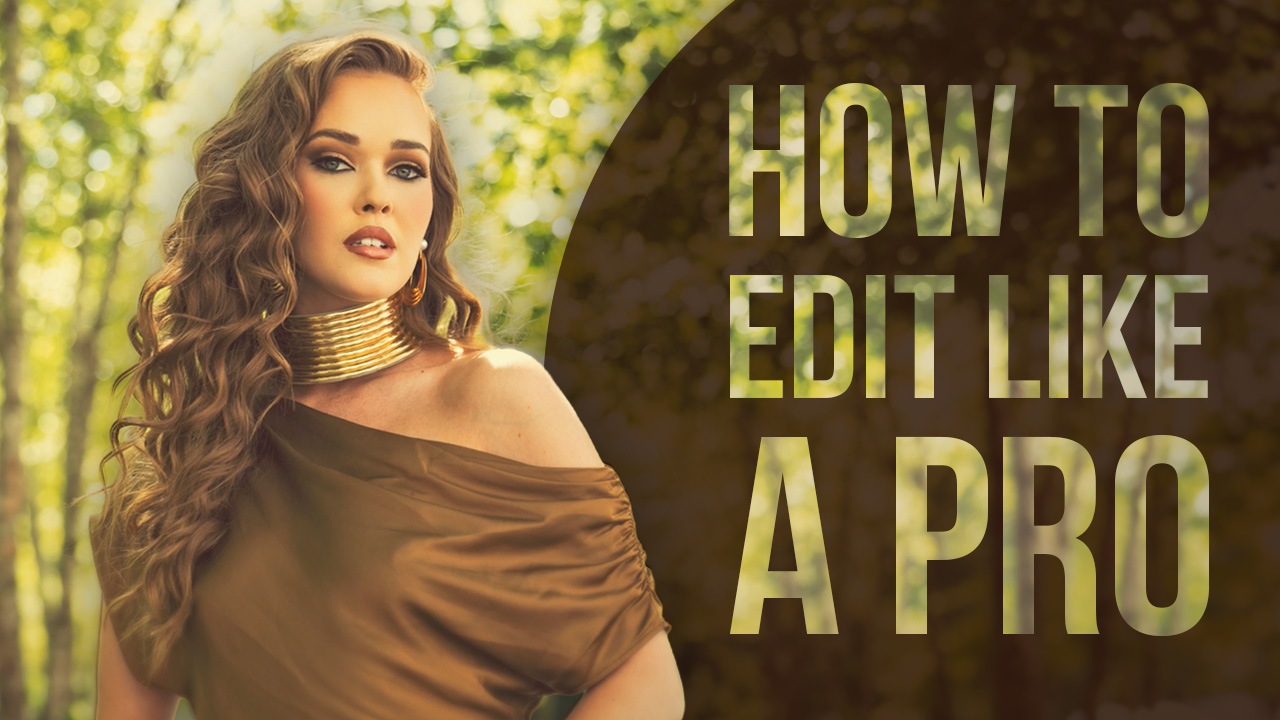The New Sexy: Class and Confidence in an Age of Abuse with Phillip Blume
She’s a very young mother. Her youthful face would make an attractive addition to any senior portrait photographer’s portfolio. If only her eyes weren’t so sad. They reveal a darker history. This girl has neither the years nor experience you’d expect from a mother of six children. Then again, she’s more experienced in life’s hard knocks than most of us can imagine.
Here in Guatemala’s slums—where I’m working at the time of this writing with our studio’s nonprofit partner, Engadi Ministries International—we refer to this girl’s victimization as the “Leah syndrome.” It’s a common tale, a true societal disease. Leah was Jacob’s unwanted, unloved wife in the Book of Genesis. After she bears Jacob his first son, she hopes that maybe now her husband will love her. He doesn’t. Later, she bears him a second and third son, thinking that surely now her husband will feel affection for her. He doesn’t. And he won’t.
The cycle played out like that for this Guatemalan girl, who sits beside me now in her cinderblock shanty. But in her case, the children at her feet represent at least four fathers. None of them is in the picture now.
What does this scene have to do with our senior portrait businesses? I came here with my camera hoping to convince girls in her situation of their true value. I want to dispel the lies this slum culture engrains into girls and boys alike: You’re worthless. Your body is just an object. You don’t deserve love.
Sound familiar? Aren’t these some of the same lies our high school seniors, especially girls, wrestle with daily? That very thought should give us pause. More than ever before, I realize I need to stop and ask myself some tough questions about the clients I serve. Sure, I’m helping overseas, but am I using my camera to dispel lies and stereotypes at home, in my own culture? Or am I, as a product of my culture, guilty of objectifying young girls through my lens?
I warned you, the questions are tough. But before we’re tempted to retreat, let’s at least consider a few practical ways we as senior photographers can begin to redefine “sexy.” After all, no matter your personal opinion, the issue isn’t going away. The results of careless dealings with young clients include loss of business reputation, a possible sexual harassment lawsuit, and—worse, in my opinion—harm to the young people we serve.
Here are four simple things you can do to both improve your business and protect your senior clients in this brave new world.
- Invite a Chaperone
In today’s world of helicopter parenting, I’m always surprised when a 16-year-old calls our studio to book her own shoot. Yet it’s happening more and more. In cases when it seems a parent or guardian isn’t part of the process, be sure to bring them onboard.
First, there is little doubt about who will be footing the bill for your services—and you can be darn sure it isn’t coming out of any teenage girl’s allowance. Those who hold the purse strings need to be invested emotionally in your product. Make a clear distinction between your subject and client. Of course you want to create a great experience for your senior subjects, who will become your direct marketers to their friends, your future subjects. But even if your brand becomes an object of intense desire among their friends, the buck stops with your actual client: Mom. What are you doing to earn her trust and enthusiasm?
The first thing you should do is make a personal phone call. Our contact form requires a phone number; so, even if I’ve responded already to an online inquiry, I call to make the human connection. Although I don’t find a preshoot consultation necessary for my senior sessions, I casually offer one at our studio anyway. The offer puts parents’ minds at ease, assuring them I’m a legitimate business and not some creeper working out of my car. It also plants a seed, setting the expectation that they eventually will visit the studio to make purchasing decisions.
Legally, I need a guardian’s signature for the minor child’s contract and model release if I ever hope to promote my work. But I also want a parent there during the shoot for other reasons. Having a third party there significantly reduces the risk of misinterpreted actions or allegations between you and your young subject. I love seeing how consistently moms pull out their phones during a shoot to post their experience online or to call a girlfriend and describe the scene.
“Oh, your girls would love this,” we overheard one mom raving into her phone. “They’ve got all the lights and everything. This is the real deal!” When she sees her son coming out of his shell, or her daughter dolled up and confident in front of our impressive-looking strobes, she begins to feel as proud as her child does. That’s the experience, and it sells even better than “sexy.” Just wait till Mom finally sees your impressive photos—she’s already sold on the emotions behind them.
- Watch Your Language
Once you have Mom or Dad on set, watch your mouth. I’m not referring to profanity (although you may want to hold your tongue there, too). What matters most is the tone and context of your conversation with a younger subject. Are you directing her respectfully?
I’ve stood aghast at the cringe-inducing lines from some photographers: “Oh yeah, just like that! You know what I like,” one photographer practically groaned as he posed his teenage subject during a conference. Even if you’re going for “sultry,” you’ll never “create the mood” that way. Sure, there’s a place among peers where off-color comments may be acceptable. I can safely compliment a bride’s form-fitting dress and direct her to “lean the goods toward camera” and jokingly say, “Yup, your husband is gonna love that one!” Intimacy makes sense in that context. But there’s a better way to communicate the same direction to seniors and younger models.
Spare the kids—and yourself—some embarrassment by using phrases that may be outside your usual repertoire. Instead of, “Show off those legs, honey!” why not try an equally complimentary (but less “fleshy”) “Perfect—yes, your leg there creates a really nice long line.” Now you’re speaking a professional jargon that maintains a comfortable distance between you and the subject.
As the photographer, verbally take yourself out of the equation. Instead of, “Look at me with those sexy eyes,” use “Look into the lens” and safer phrases like flirtatious eyes and intense stare. The right kind of physical compliments can make any subject feel more confident in front of the camera. But with seniors, I make a point to narrow my compliments to “gorgeous hair,” “bright eyes,” “smiles that light up a room,” or even “great bone structure”—never “fit bodies,” “great legs,” or “luscious lips.” In this simple way, you help a senior express strength rather than submission, and to feel attractive rather than dirty.
- Encourage Character
We’ve focused on how to approach a young person’s physicality with tact. There’s no denying the fact that, at the most superficial level, we are in the business of showing off physical beauty. But aren’t we as artists capable of showing something deeper?
I’m awestruck at how beautiful my own two daughters are growing up to be. They’re only three and five years old now (which probably makes me extra sensitive about the topic of protecting girls), but they already take after their gorgeous mother. Still, when I tell them, “I love you”—about 100 times a day—I make a point to encourage their character above their looks. I can’t resist telling them how pretty they look when they descend our stairs, batting their eyelashes, in yet another dress-up gown. But I spend more time on compliments like, “Your such a sweet girl” and, “Thank you for being a great big helper! You’re so thoughtful.” Aren’t these the messages we want our kids to absorb as they mature?
We have found ways to encourage character by offering educational “scholarships” as part of our senior program. We take the time to learn about our seniors’ interests through a simple questionnaire, and then incorporate those interests (not just their pretty faces) into their shoots. We take every opportunity to show sincere interest in their life ambitions. In our work, we have the rare opportunity to be adults who instill character into young people, because, sadly, many parents aren’t even doing that.
- Embrace Modesty
Embrace modesty for an immodestly successful business. Does the word modesty conjure visions of scowling parents and nuns? I can relate. Modesty doesn’t sound fun. But that just goes to show how limited our perception can be. We too often base our values on perception alone. It’s time to adopt thoughtful values that consider and protect others.
After all, what value is there in oversexualizing a high school photo shoot? Yes, the reasons for doing so are clear. It’s what many clients want. I was shocked when a photographer sought my advice in an unusual predicament: A mother wanted to book him to photograph her minor daughter’s boudoir session. (Yeah, you heard that right.) The mother was willing to sign her consent. My advice, or course, is to run as fast and far as possible from that situation.
There’s no denying it: Many of these kids have grown into some hot bodies. They’re suddenly subject to impulses they themselves don’t understand, and they haven’t had time to develop boundaries. Every other company out there is taking advantage of this fact, manipulating that teenage angst in every advertisement. Sex sells. And that’s where I draw the line.
The abuses that wreaked havoc on a young Guatemalan girl aren’t limited to third-world countries. Human trafficking and sexual abuse thrive right here under our noses in the U.S. and other developed nations. It all takes place against a media culture that relentlessly aims to hypersexualize youth.
I’m grateful for the many senior photographers I’ve seen promote their business as a force for good that’s aimed at building young people’s confidence and character. It’s a movement that deserves our combined efforts. Let’s create images that scream “class” and give seniors an experience that makes them a star instead of a commodity.




